The only language that everyone speaks
“It is really the only universal language,” says one of Australia’s most senior women in tech. “It doesn’t matter what gender you are, what language you speak or culture you’re from.”
QWeekend
Don't miss out on the headlines from QWeekend. Followed categories will be added to My News.
JACKIE Taranto credits her large family with shaping many of her personal qualities, but none more so than her fierce independence and self-reliance; especially as a modern professional woman.
Arriving in Australia as a 21-year-old Canadian backpacker over 30 years ago, the entrepreneurial Taranto forged a successful international career to be recognised as a leader in showcasing cutting-edge business, technology and innovation.
Geek girls are bringing their own creative flair as they join the bros of tech
Having launched, built and run CeBit Australia – the Asia Pacific region’s top technology and innovation business event – for 14 years, Taranto, 54, is now at the helm of QODE 2020, set to take over the Brisbane Convention and Exhibition Centre later this month.
QODE – now in its second year – is the largest gathering of its type in Queensland, bringing entrepreneurs, investors, executives, researchers and students together to explore the state’s latest innovations.
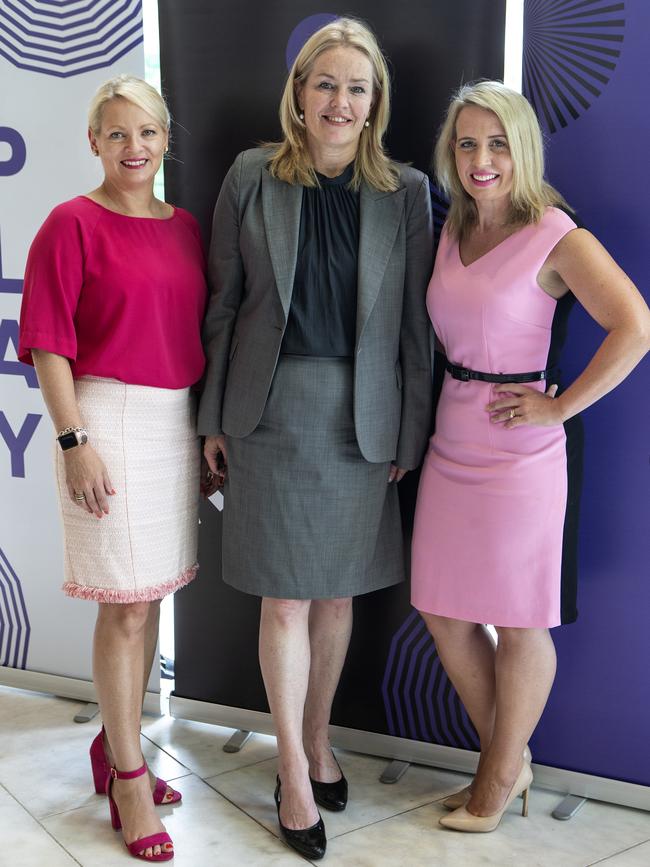
“Technology is an economic driver, no matter which economy … (and) it doesn’t matter what (side of) government is in power,” Taranto says.
“What excites me about technology is that it’s constantly changing, it’s dynamic, it’s moving. Technology opens a lot of doors and it’s not gender-based.”
Taranto’s palpable passion for this field is matched only by her determination to use her skills and influence to encourage women to enter STEM (science, technology, engineering and mathematics) careers, and to advance medical treatments and care.
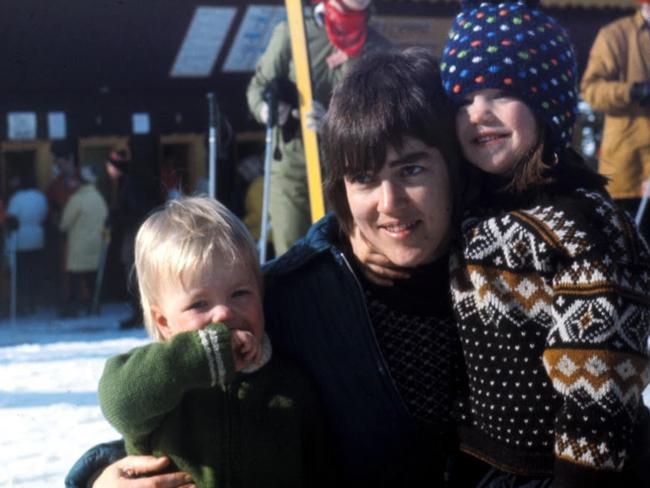
For her, it’s personal. Taranto watched her single mother, Josephine Lucas, juggle a career with raising her and younger brother Michael largely on her own full-time, for less pay than male counterparts, while many of her divorced friends were untrained and forced to take low-paying jobs to survive.
She was at Lucas’s bedside when she succumbed to cancer in her own home, aged 62, and later, by the side of half-brother Dan, 35, as he chose to end his battle with a rare terminal genetic disease by euthanasia.
“When you grow up in a broken family, you’re very much aware as a woman – and I saw it in a lot of friends of mine that split up – that it’s really difficult to financially support yourself and look after the kids. I saw that as a child and it stayed with me.
“I felt you had to be independent as a woman.”
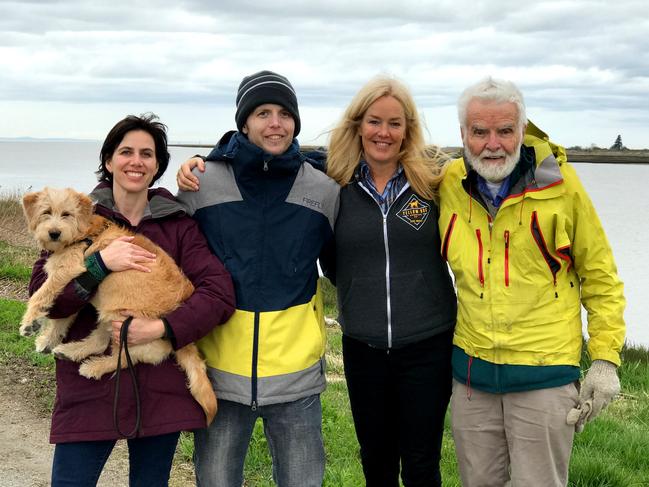
“I want to live, I want to grow, I want to see, I want to know …” The gentle harmonies of Dan Gunn’s closest family and friends singing the late John Denver’s I Want to Live wafted across a Vancouver beach. Together, they accompanied Dan back to a nearby apartment where he spoke to each person and wished everyone the best for a good life. The assembled doctors administered an injection and Dan slipped peacefully away.
“It was beautiful,’’ smiles Taranto, wiping away tears. “He had some control over what he wanted. It was beautiful.”
It’s been almost three years since Dan was one of the first people to take advantage of Canada’s new Medical Assistance in Dying (MAiD) legislation. He had lived with rare incurable Gardner’s Syndrome – which sees multiplying polyps invade the digestive tract and, in rarer cases like his, desmoid tumours attack vital organs – since he was 16, endured multiple invasive surgeries, spent years in and out of intensive care, and could no longer eat or drink. No one else in the family has been diagnosed with the disease.
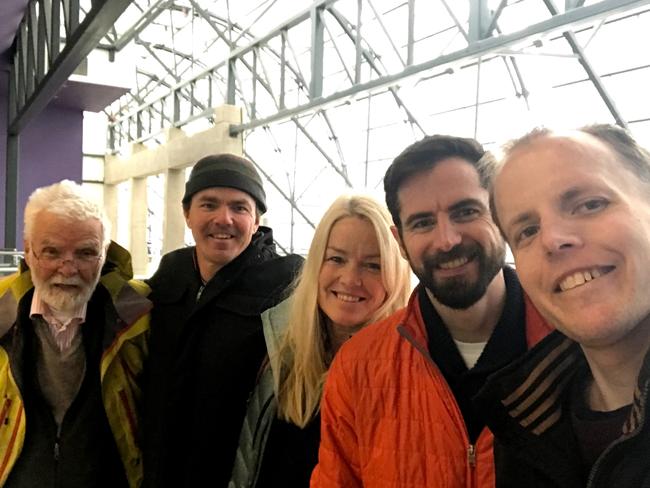
“We called him ‘Guru Dan’, because he really learned to live in the moment. He’d probably be lecturing me now; he’d say, ‘So Jacqueline, what is this about, why are you working (in this field); what are you getting out of it?’’ she laughs.
Dan, an engineer married to Tina, founded Green Guy on the Drive, which operates Vancouver’s only community-supported vertical hydroponic urban vegetable farm. “Dan realised you’ve got to go for it and live.”
Taranto says western civilisation has to get better at talking about death and empowering people to have control over their health outcomes. A passionate advocate for euthanasia, she worked with The Bright Alliance to build NSW’s first comprehensive public cancer hospital, combining research, clinical trials and patient care from birth to death in one place.
“Certainly (medicine is) something I want to highlight with innovation. Queensland is a leader in med-tech and advanced medical applications, and it’s definitely a passion. You want to create a format where these things can grow … and we can help curate a path for the future.”
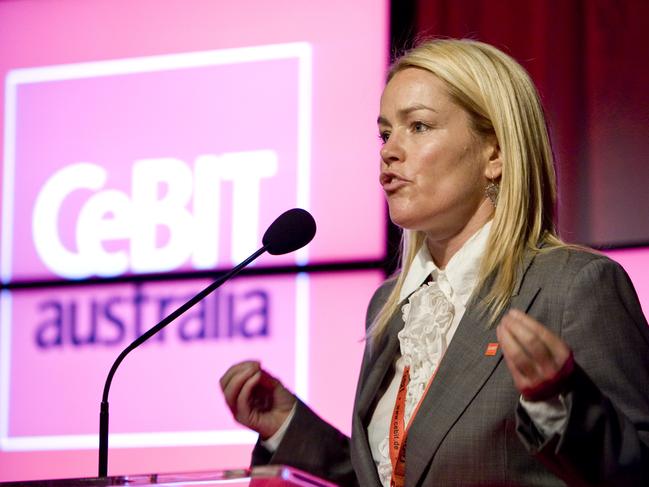
Technology is also the perfect field to empower women to secure their career and financial future, particularly those with young families. Taranto has seen how difficult it is to raise a family as a single mother and, at the other end of the scale, she’s horrified at the increasing numbers of mature women becoming homeless, mainly due to financial insecurity.
A supporter of Women in STEM who applauds Education Queensland’s initiatives to prioritise these subjects, Taranto says more needs to be done to immerse young women in the interesting and exciting careers they could pursue. More than 500 students are expected to participate in QODE 2020.
“I think it’s really important they can actually see it. We have to show them visually, not just in a written format. They have to come and see it – like QUT’s amazing robotics centre or Gilmore Space Technologies (at Helensvale, Gold Coast) where they have five or six female space engineers. When you can go and visually interact, and be part of it, that’s what sets your mind on a path,” she says.
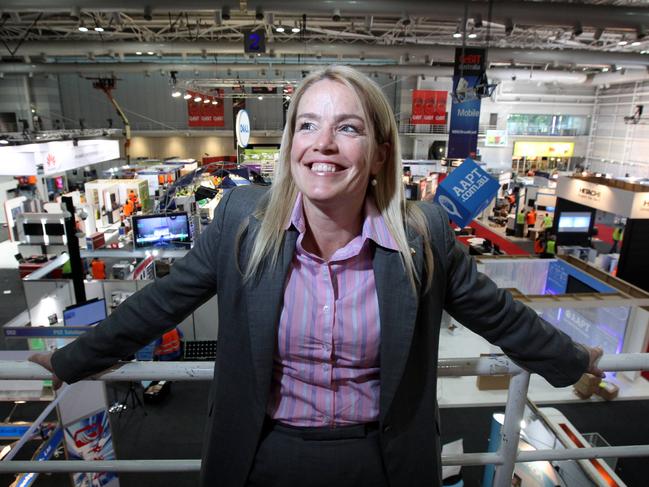
“I’m really passionate about women getting into technology. When I was growing up, you either went into teaching or law. If you went into law, you worked really hard and made junior partner; if you had a child, you don’t get to return to that position. You don’t. If you are a programmer and you’re in tech, and you go and have a child, when you come back and get your skill set up, no problem. (Employers) don’t care what gender you are, they care you can do this.
“We came up with the name QODE because coding is really the only universal language. It doesn’t matter what gender you are, what language you speak or culture you’re from. (Computer languages are) all the same worldwide.”
The day after Taranto and I chat at her funky Brisbane CBD co-working space, she sends anemail saying she’d never really considered how much her family, heritage and experiences shaped her before. Now she can’t stop reminiscing.
Josephine Lucas, a professionally trained artist from London, met Brian Gunn, a Canadian engineer, in the English capital when he was en route to the 1962 World Youth Festival in Helsinki, Finland. Three months later, the couple returned to Vancouver, married and raised children Jackie – “It’s actually Jacqueline but they never called me that, not even when I was in trouble!” – and Michael, now 51 and living in Perth with his family. They were a politically active, sporting and adventurous family, with most holidays spent camping and exploring. Lucas and Gunn, 83, divorced when Taranto was 10, Michael, 8. Gunn married twice more, expanding Taranto’s family by two half-brothers, four stepbrothers and four stepsisters.
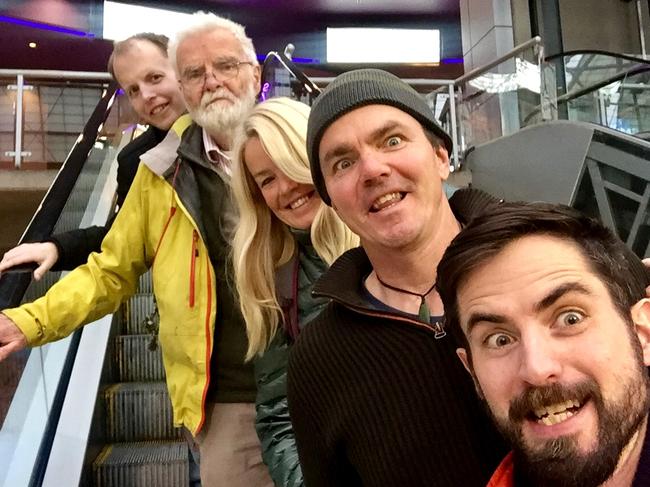
“We had an instant (new) family. It was difficult for all of us,” says Taranto simply. Long divorced, she has lived in Brisbane for the past year but maintains a house in Sydney, where she has had shared care of three cats – Betty, Blue and Green – and dog Suhti, with neighbour Neville, 81, for over a decade. “I talk to him a couple of times of week; he’s like my family in Australia.’’
Taranto grew up surrounded by maths and science, playing games like chess and Risk, with brothers who went on to become engineers and stepbrothers who went on to work in the computer industry. Stepbrother Jeff Sember and best mate Don Mattrick were just 16 when they created Evolution, the first Canadian computer game to go into production. The pair formed video game company Distinctive Software, which went on to form part of Electronic Arts Canada.
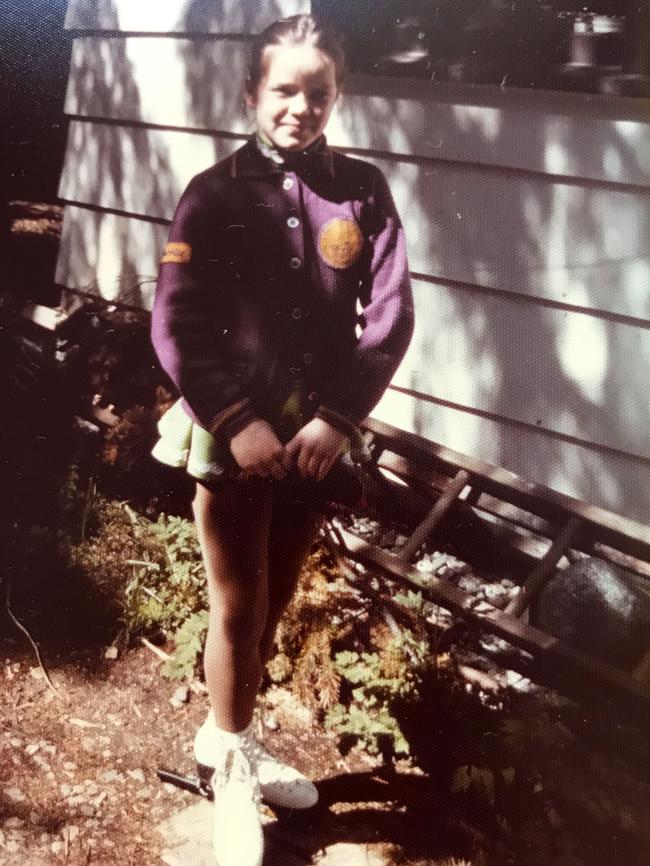
But Taranto, a keen skier, ice-skater, soccer and ice-hockey player, combined a degree in primary physical education with travel to Russia and Brazil. Realising a love of sport and kids did not necessarily equal a love of teaching, she followed a friend backpacking around Australia. That was August 1987. She never left.
After several years making her way around the country, doing everything from cleaning to fruit-picking and bartending, working at World Expo ’88 and wielding the scoop in Brisbane’s Royal Copenhagen Ice Cream shop – “I’m on a thousand Japanese home videos in a Heidi costume,” she grins – Taranto landed in Sydney, where she married David Taranto and became a microcomputer technician and programmer.
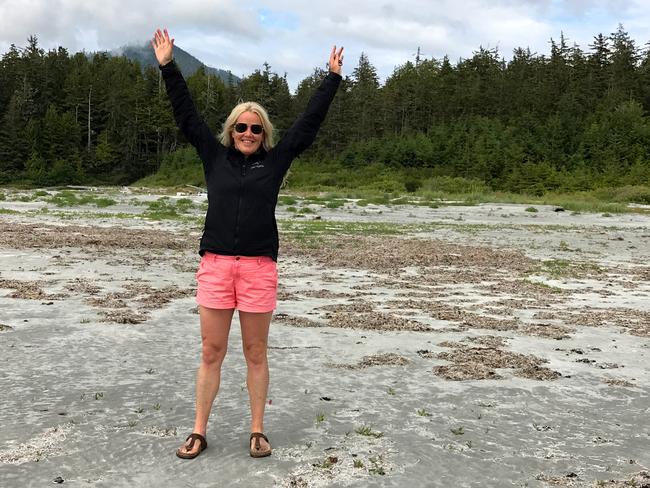
“After you travel and come around, you realise where your interest is and I just had that interest to go into that area. Then after I finished studying, I worked with one of (David’s) friends who had a company that did trade fairs and events. I thought, ‘Oh, this is interesting, I can do this much better than programming’. This was organising and not constantly looking at a blue screen.”
Several businesses later, Taranto established her own consultancy specialising in tech-based events. Today, she’s founder and CEO of Messe International, which specialises in developing business platforms which strengthen ties between the business community, research institutes and government policy.
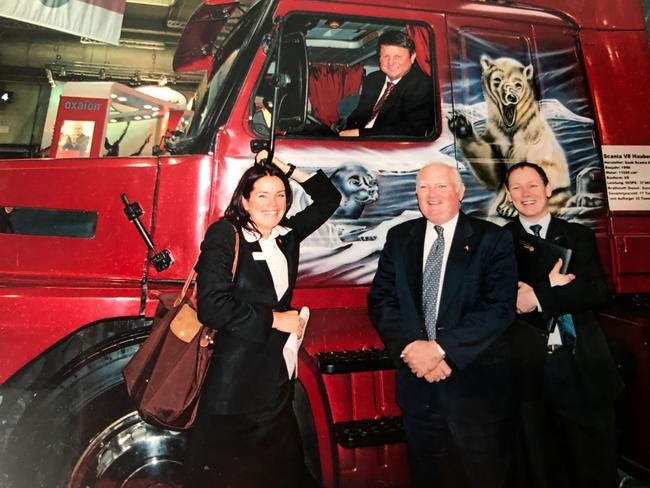
“When you get into events, you kind of hover over the industry. You get to meet so many people across so many fields and you get to touch a base but you’re not focused on one particular thing. One day you’re doing engineering, it could be agri-tech, one could be fashion, so it really opens your horizons,” she says.
“Tech is the underlying enabler of every industry. That’s what really got me. And you’re able to build something and pull people together.
“A lot of really cool things can happen out of that.”


